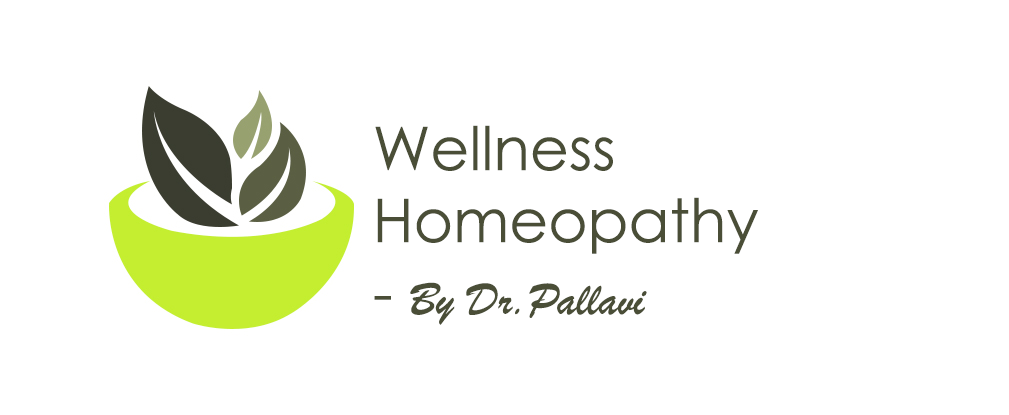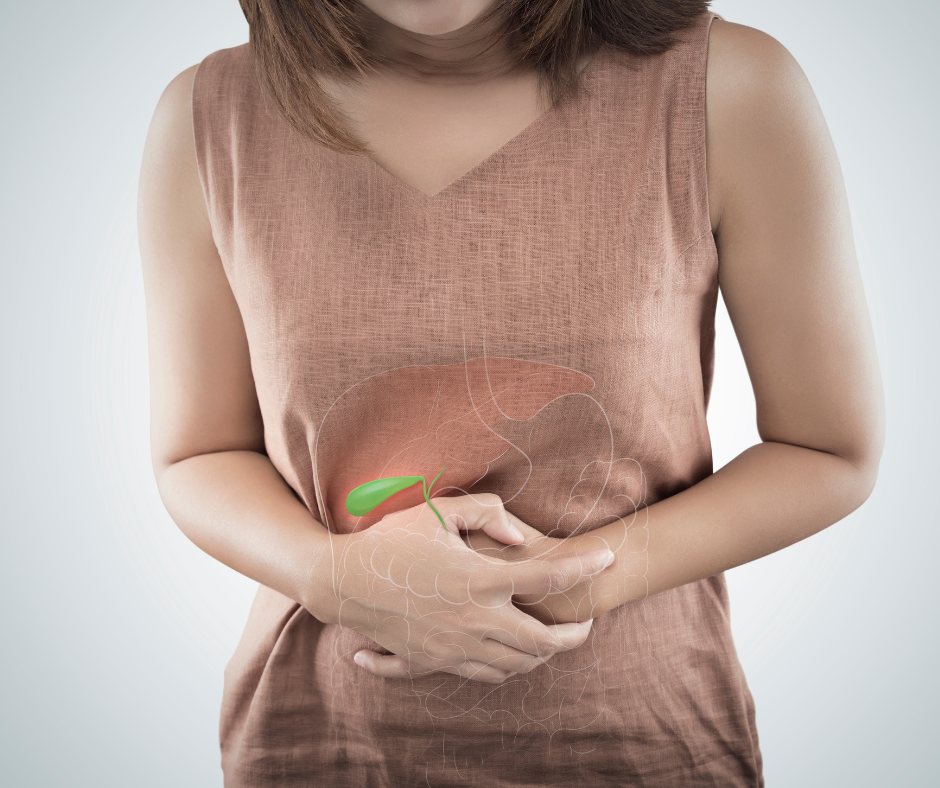The Gallbladder, a pear-shaped organ that sits below the liver and is closely connected to it, has two main functions: storing bile and releasing it when needed. Bile absorbs fats from our food, which is then delivered to our small intestine for final digestion and absorption into our body. The undigested material reaches the large intestine, where water and waste are removed.
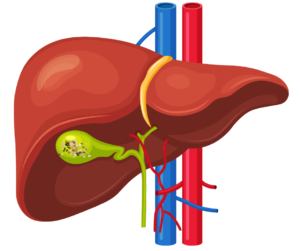
Who is prone to gall stones:
Several factors can make people more susceptible to developing gallstones, including their diet, age, gender, body composition, and genetics.
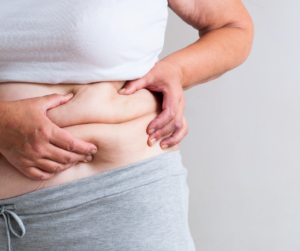
Gallstones are most common in:
- women
- people over the age of 40
- people who are overweight or obese (especially if they hold excess fat around their waist)
Other risk factors for gallstones include:
- eating a nutrient-deficient diet
- losing weight too quickly (for example, fasting and going long periods without eating)
- pregnancy
- diabetes
- family history of gallstones
- high triglycerides (good cholestrol)
- lack of physical activity
- low HDL (good) cholesterol
Hormones can play a role in gallstones. Gallstones are less common in men than in women, and most gallstone sufferers are women of reproductive age. During pregnancy, estrogen levels can increase up to 10 times their regular rate, and this causes gallbladder muscle contractions to slow down and results in excessive amounts of cholesterol being stored there.
Diagnosis:
Gallstones are deposits of cholesterol, calcium, and bile salts that form in the Gallbladder. It’s believed that most people with gallstones aren’t even aware they have them. Gallstone symptoms are different for every person and can vary in intensity or duration. Some people with gallstones don’t have any pain or noticeable symptoms, while others have sharp pains and ongoing trouble functioning normally.

A sonogram or X-ray imaging is one of the best ways to check for gallstones. Ultrasounds, or ultrasonography, are believed to be the best method for detecting gallstones since they are not fully solid or made of bone and thus won’t always appear on a CT scan.
Gallstone surgery is one of the most commonly performed surgeries there is today. Estimates show that more than 750,000 surgeries to remove gallstones are performed every year, and, in North America, around 10 percent to 15 percent of the adult population has gallstones (more women than men).
Prevention:
You can reduce your risk of gallstones if you:
- Don’t skip meals. Try to stick to your usual mealtimes each. Two to three hours of recreational exercise per week reduces the risk of gallstones in women by approximately 20%day. Skipping meals or fasting can increase the risk of gallstones.
- Lose weight slowly. If you need to lose weight, go slow. Rapid weight loss can increase the risk of gallstones. Aim to lose 1 or 2 pounds (about 0.5 to 1 kilogram) a week.
- Eat more high-fiber foods. Include more fiber-rich foods in your diet, such as fruits, vegetables, and whole grains.
- Maintain a healthy weight—obesity and being overweight increase the risk of gallstones. Work to achieve a healthy weight by reducing the calories you eat and increasing the amount of physical activity you get. Once you reach a healthy weight, work to maintain that weight by continuing your healthy diet and exercising.
Discover Your Food Sensitivities:
- Most people with gallbladder problems struggle to digest certain foods, including eggs, pork, onions, dairy, gluten, coffee, corn,and nuts. You can get lab work done or do biofeedback testing to see how you tolerate these foods. You can also try an elimination diet for 30 days where you remove these foods and see how your respond.
Complications:

Complications of gallstones may include:
- Inflammation of the Gallbladder. A gallstone lodged in the neck of the Gallbladder can cause gallbladder inflammation (cholecystitis). Cholecystitis can cause severe pain and fever.
- Blockage of the common bile duct: Gallstones can block the tubes (ducts) through which bile flows from your Gallbladder or liver to your small intestine. Severe pain, jaundice, and bile duct infection can result.
- Blockage of the pancreatic duct. The pancreatic duct is a tube that runs from the pancreas and connects to the common bile duct before entering the duodenum. Pancreatic juices, which aid in digestion, flow through the pancreatic duct.
- A gallstone can cause a blockage in the pancreatic duct, leading to inflammation of the pancreas (pancreatitis). Pancreatitis causes intense, constant abdominal pain and usually requires hospitalization.
- Gallbladder cancer. People with a history of gallstones have an increased risk of gallbladder cancer. But gallbladder cancer is sporadic, so even though the risk of cancer is elevated, the likelihood of gallbladder cancer is still minimal.
How Homeopathy helps with gallbladder stones?
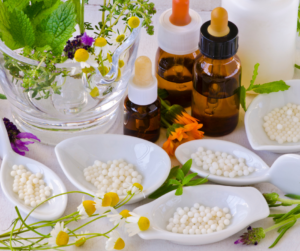
While gallbladder surgery may be required for some individuals (due to gallstones blocking the bile ducts), it’s important to remember that gallbladder surgery alone cannot fix the underlying problem .
Holistic Medicine therapies are best to prevent the disease from returning once again.
When the Gall bladder stones are of a smaller size, homeopathic medicines may reduce the size of the stones.
Homeopathic medicines can effectively alleviate pain and chronic inflammation of the gallbladder associated with the condition.
Homeopathy works on treating the root cause of the gall stones; it helps reduce the biliary secretion of cholesterol hence decreasing the tendency of stone formation.
Although larger impacted stones require urgent care, Homeopathy can dissolve small and medium-sized gallstones and help you avoid gallbladder removal.
Homeopathic medicines are natural, effective, and have no side effects.
Homeopathy can relieve digestive disorders after surgery for patients who are dealing with digestive disorders after gall bladder removal.
If you are dealing with gall bladder or any other health issue & would like to book an appointment,
click here to proceed.
